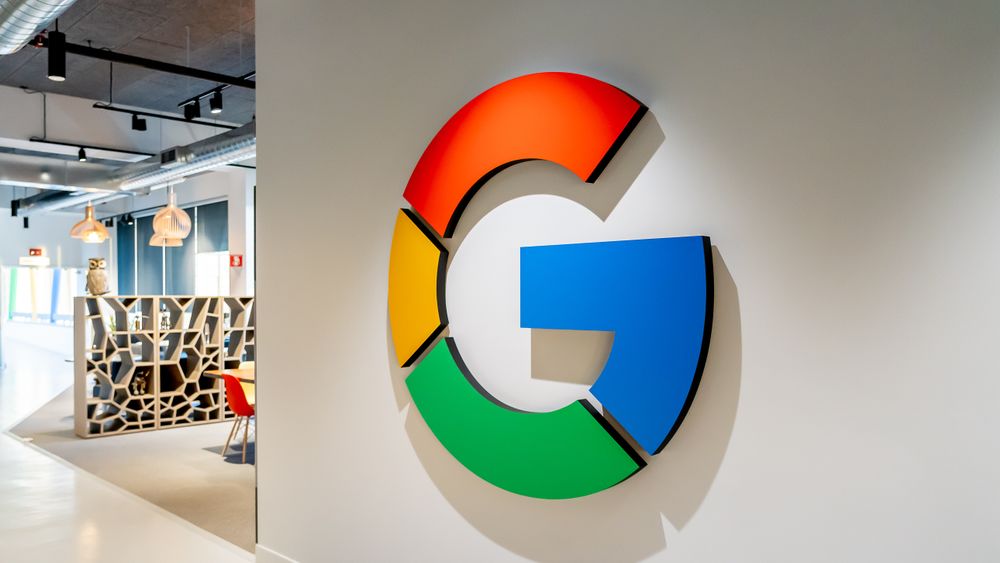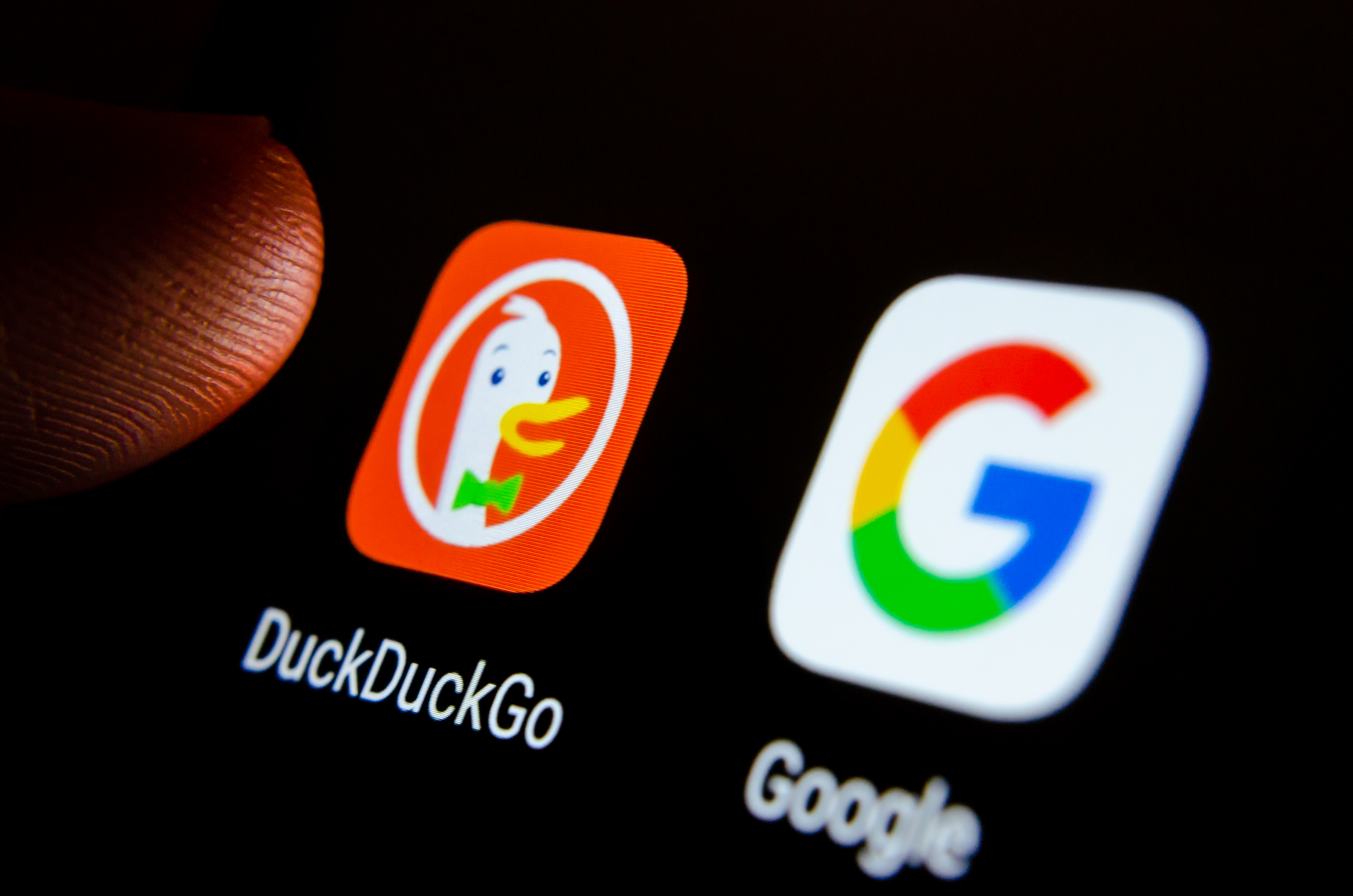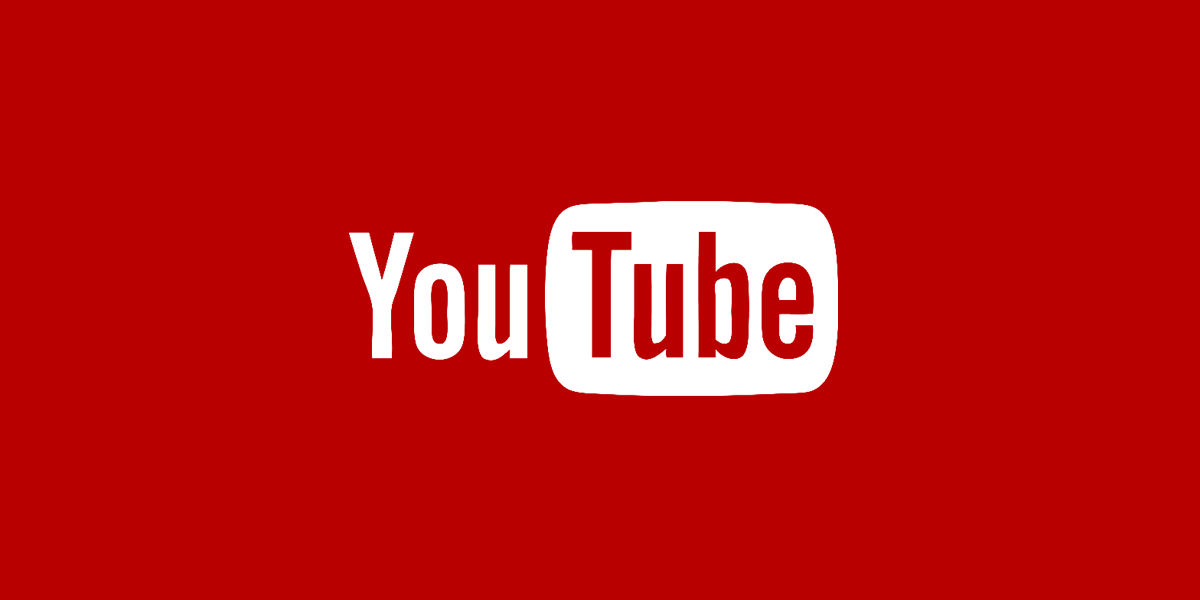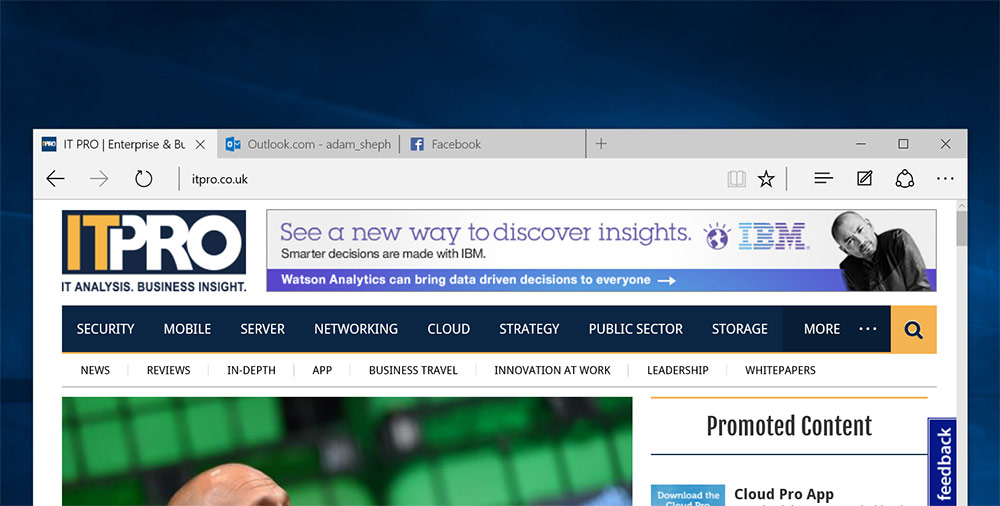Google takes four steps against pirates
The search giant pledges to help rights holders through its search results.


Google has announced four new measures to take on copyright infringers, including changes to how its search function works.
Firstly, Google has pledged to take action on "reliable copyright takedown requests" within 24 hours and will create tools to make the submission process easier.
The search giant will also alter its autocomplete function so it does not show up terms closely related to piracy.
Thirdly, Google said it would improve its AdSense anti-piracy review and would collaborate with rights holders to find and expel violators from the AdSense programme when the firm deems it appropriate.
Finally, Google will try to make authorised preview content "more readily accessible."
This could mean users would be presented with more sites previewing material within search results, such as songs or video, before they enter that website.
"As the web grows, and the number of requests grows with it, we are working to develop new ways to better address the underlying problem," said Kent Walker, Google's general counsel, in a blog post.
Get the ITPro daily newsletter
Sign up today and you will receive a free copy of our Future Focus 2025 report - the leading guidance on AI, cybersecurity and other IT challenges as per 700+ senior executives
"We look forward to further refining and improving our processes in ways that help both rights holders and users."
Jim Killock, executive director of the Open Rights Group, said the campaigning body would ask Google to explain how the copyright enforcement tools would work.
"Copyright owners have a right for infringing material to be taken down," Killock said.
"But there is a potential and very significant cost to freedom of speech if legitimate uses are impeded, such as quotation for news reporting or review, and automated procedures can be none-too-subtle."
Google itself has been accused of copyright infringement and is currently in a court case with Oracle.
The dispute is attempting to decide whether Google stole Oracle's copyrighted Java code when creating Android.
Tom Brewster is currently an associate editor at Forbes and an award-winning journalist who covers cyber security, surveillance, and privacy. Starting his career at ITPro as a staff writer and working up to a senior staff writer role, Tom has been covering the tech industry for more than ten years and is considered one of the leading journalists in his specialism.
He is a proud alum of the University of Sheffield where he secured an undergraduate degree in English Literature before undertaking a certification from General Assembly in web development.
-
 Google looks to shake up the way the tech industry classifies skin tones
Google looks to shake up the way the tech industry classifies skin tonesNews The tech giant is pursuing better ways to test for racial bias in tech products
By Mike Brassfield
-
 DuckDuckGo vs. Google: Privacy or popularity?
DuckDuckGo vs. Google: Privacy or popularity?Vs Google may reign as king, but it’s not the only option in the world of search
By Sarah Brennan
-
 Snapchat 'files for a $25 billion IPO'
Snapchat 'files for a $25 billion IPO'News But investors are 'wary' of the app's revenue sources
By Dale Walker
-
 Google copyright takedown requests rose by over 8x last year
Google copyright takedown requests rose by over 8x last yearNews New transparency figures show over 65 million requests last month alone
By Adam Shepherd
-
 Google will offer legal support for YouTube DMCA takedowns
Google will offer legal support for YouTube DMCA takedownsNews The company said it will provide legal aid for users it believes have not broken copyright law
By Clare Hopping
-
 How to change your search engine in Microsoft Edge
How to change your search engine in Microsoft EdgeTutorials If you'd rather search through Google than Bing, here's how to change your default search provider in Windows 10's new browser
By Adam Shepherd
-
 Apple charged £348m in iTunes patent dispute
Apple charged £348m in iTunes patent disputeNews iPhone maker loses claim filed by Texas-based Smartflash relating to the way it stores iTunes content
By Clare Hopping
-
 Google's top 2014 search trends revealed
Google's top 2014 search trends revealedNews Google 2014 trends have been unveiled, and include the year’s biggest sporting events, tech releases, cat stats and more
By Caroline Preece

